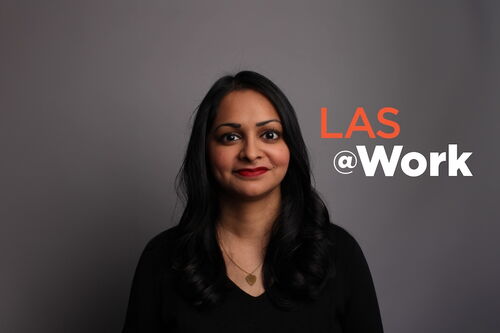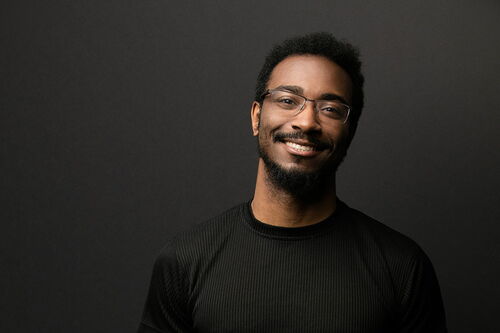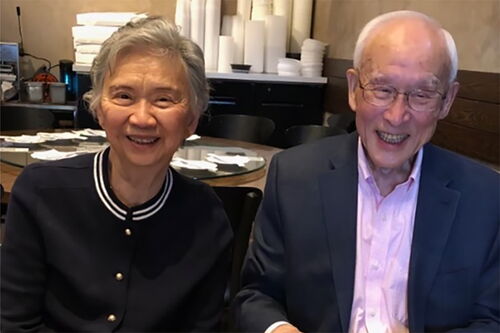Spreading literacy, empowering villagers
Molly Melching (AB, '71; AM, '79, French) arrived in Senegal in 1974 as a graduate exchange student on a six-month visa. Twenty-five years later she is still there. She has found a home among its people and her destiny in promoting literacy and self-help among its rural poor.
Upon her arrival in this former French colony, Melching immersed herself in the Senegalese culture and mastered Wolof, the native language spoken by 70 percent of the country's 7.5 million residents. Her intent was to study African culture and literature. Soon she was writing children's folk stories, which contributed to some of the first literacy materials written in Wolof. She moved on to employing radio, theatre, puppetry, and other imaginative techniques for promoting literacy.
In 1991 Melching created TOSTAN, a nonprofit organization that teaches an 18-month-long basic education program—in the native languages—that emphasizes problem solving and is adapted to the villagers' way of life. Its name means breakthrough in Wolof, which the program has done. TOSTAN is one of the most successful literacy programs in Africa, winning substantial funding from UNICEF. Through TOSTAN thousands of Senegalese woman and children have learned to read and perform basic math. Armed with these skills, they have started local cooperatives, built wood stoves, and inaugurated health programs.
A startling outcome of TOSTAN was that its lessons on hygiene prompted villagers to question and later challenge the practice of female genital mutilation (FGM). This traditional right-of-passage into adulthood maims or kills millions of women across 28 African countries. It is performed without anesthesia or medical supervision, often resulting in debilitating infections, lifelong suffering, or death through hemorrhaging. Sociologists compare the practice to foot binding, which crippled generations of Chinese women until villagers opposed it in the early 1900s.
As TOSTAN's director, Melching finds herself flying around the world as the campaign's spokesperson. It is not a role with which she is altogether comfortable, concerned that others may mistake FGM as her private crusade. It is grassroots driven, she is quick to say. She also makes it clear that she is not a do-gooder trying to change Africa according to her terms. She came to Senegal out of a desire to learn, she says, and she has stayed because she has been enriched. "I listened and I loved and I tried to help them achieve what was their vision for the future," says Melching. "That has made all the difference."








